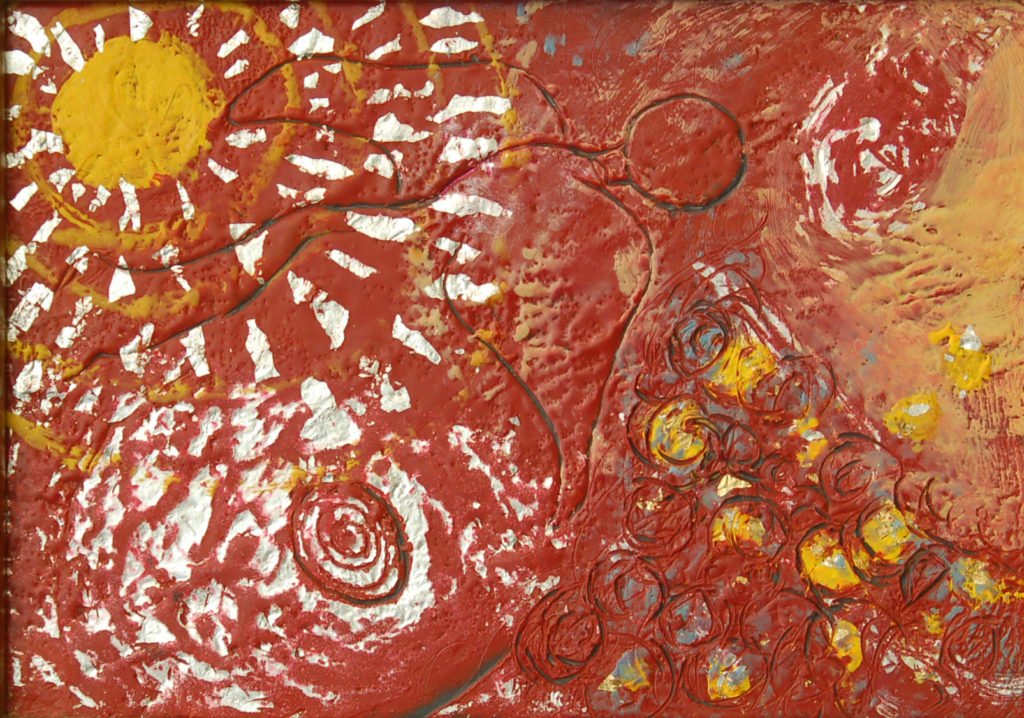
A Bereaved Husband
One morning in 1995 one of our hospital chaplains called my office at Penn State’s medical center, asking me to speak with a man who had just been visited by his deceased wife. In a few minutes the three of us sat in my department’s conference room, and the man, in his 70’s, told us the following story. His wife had recently died in our hospital.
One afternoon shortly after the funeral he was in his living room when his wife walked in. He was stunned. She told him that she was alright and that he should not be so upset. They chatted briefly, she said good-bye, telling him that she had to go. He was distressed. He recalled asking, “Who says you have to go?” “Where will you spend the night tonight?” But she was gone. He said that he was shocked, though he was glad to see her. He had never imagined such a thing possible, said he had never heard anything about it in church. He had questions. Why couldn’t she stay? Who makes these rules? Why hadn’t it occurred to him to reach out and touch her? Where would she spend the night? He had tried to speak about the experience with his daughter, a very religious woman, but it upset her. She said it was bad, to forget it. But he couldn’t. On the day we spoke with him he had been grocery shopping when he decided he had to find someone who could talk to him about this experience. He had left the groceries, gotten in his car and driven an hour and a half to the medical center where he asked for a chaplain, and the chaplain called me.
I told him that I have spoken with many others who have had such experiences, that they are well known in the grief literature, and that they are normal. I said that those who have told me about their visits have considered them a beautiful and consoling gift, a sign of love. He was pleased and relieved, comforted by this common human experience, his anxiety dissipated by the discovery that his experience was not unique.
This man’s daughter’s response is, unfortunately, not uncommon. Based on outmoded psychiatric notions (contemporary psychiatry textbooks describe these experiences as common and normal) these negative reactions make a consoling experience disturbing, when in fact these experiences help the bereaved and reduce the traumatic aspects of grief. Still, these experiences remain mysterious. For example, we do not know why some people have them and others do not. It has nothing to do with the person’s psychology or with the closeness of their relationship to the deceased. Many people with strong positive relationships do not have such a visit, even if they long for one. Others who have this experience, like the man in the account above, are surprised that such an event could happen. It has nothing to do with whether one believes in, or is “open to,” such experiences. I have interviewed numerous physicians who have had such visits from their deceased patients. It is simply a mystery as to who has them.
A Palliative Care Unit
In the Summer 1999 issue of The Journal of Palliative Care (Barbato et al.) a team of Australian palliative care specialists reported their findings concerning the visits that next of kin received from loved ones who had died at their hospital. They undertook the study because of the growing literature documenting these experiences as healthy responses to loss. The first such solid empirical study was published by a British physician in 1971 (Rees), and by the mid-1970s these experiences had been normalized in the psychiatric literature. They are often called “the normal hallucinations of bereavement,” a term which paradoxically accepts and rejects at the same time. The Australian team found that almost 1/4 of their sample admitted to such visits. Their article recommends that those close to palliative care patients be counseled and reassured about such experiences because occurring as they do in a cultural setting that has long pathologized visionary events, they create anxiety even as they offer consolation. These authors chose to call the visits “parapsychological phenomena near the time of death,” noting that “the term hallucination still carries with it the stigma of mental disease.” (p. 31) We might add that hallucination also carries the explicit meaning of a false perception.
